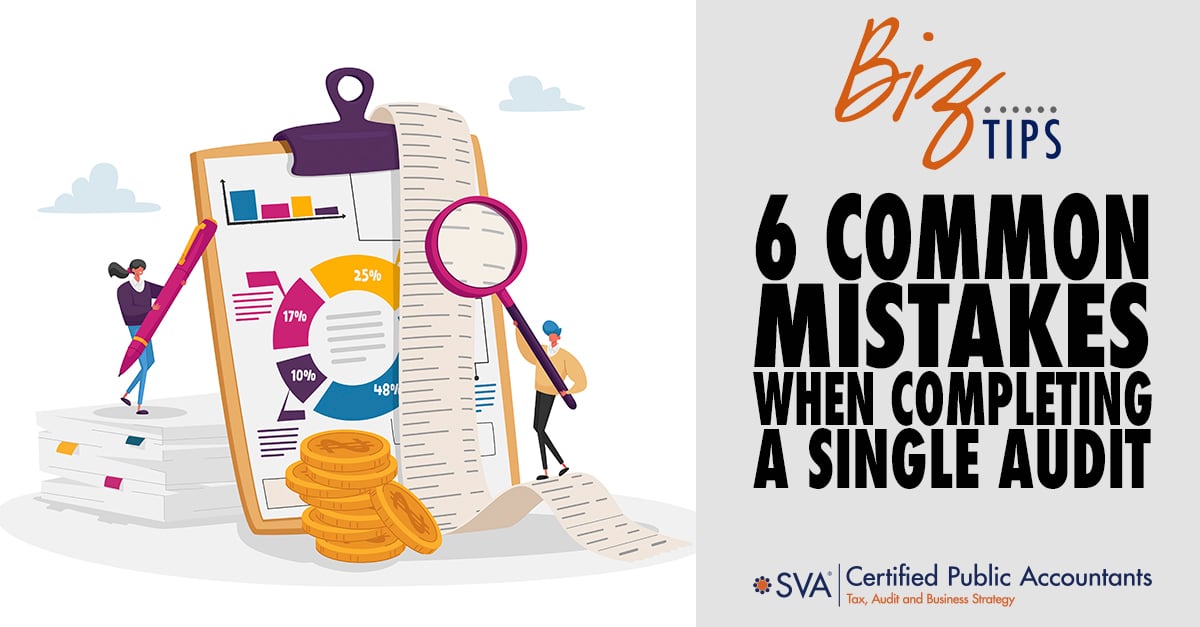With the COVID-19 pandemic resulting in a wide range of related legislation, such as the CARES Act and similar relief acts, a number of organizations will need to do Single Audits for the very first time either this year or in 2022.
But What is a Single Audit?
Part financial statement and part federal awards audit, this document is focused on ensuring that any federal funding that was received by the organization was used as it was intended, and demonstrates that the organization is complying with the Uniform Guidance. If your organization expended $750,000 or higher in federal funds during your fiscal year, it needs to have a Single Audit performed.
Because the Single Audit covers your organization's financial statements as well as the federal awards that have been received, completing a Single Audit is a complex, difficult procedure.
Missing your deadline or not complying with government requirements can cause a lot of serious consequences, such as having additional funds withheld until you've fixed the problem. They could terminate or suspend your award, start the process of suspension or debarment, or they may choose to hold any additional awards, as well as undertake other legal actions.
6 Mistakes to Avoid During a Single Audit
As you're starting on your organization's Single Audit, it's vital that you prepare carefully. There are some common mistakes that can be made that can cause you to have a lot of issues in the future if you don't watch out for them during the process.
1. Not Comprehending All the Funding Requirements
To complete the Single Audit process, make sure your organization comprehends the requirements you're subject to. Become familiar with the details and the compliance required for the funding received, especially if you've never been awarded funds in the past. The Uniform Guidance provides general standards for federal awards; simply reviewing the standards will not provide sufficient information.
Check each award letter or grant agreement that you received for deadlines, terms you're held accountable to, and similar requirements. Ensure that you understand all the regulations associated with the award. If you don't understand the details, you should talk to an advisor to double-check that you've properly interpreted the program's details.
To help with this process, you can review the Compliance Supplement released every year by the Office of Management and Budget. This document gives you details about the audit requirements of federal awards, including how you should undertake an audit for each grant type.
2. Not Having Appropriate Design and Execution of Internal Controls
As you work through your Single Audit, you'll need to undertake two different tests. This includes testing the design of your organization's internal controls for each significant program as well as the execution of those internal controls. Generally speaking, this is an aspect of grant and award funding that you'll want to have either figured out or already have in place as you're applying for federal funds. This allows you to address any issues before you even start your Single Audit.
3. Poor Documentation
Part of undergoing an audit is having appropriate documentation in place. This process is even more important given the context of a Single Audit, so make sure you're documenting all of the processes and procedures you've put into place.
4. Not Properly Monitoring Subrecipients
If you received a federal award and a portion was passed through to fund other entities, this creates what's known as a subrecipient relationship. This can include funds passed down from other government agencies to nonprofits so that the organizations could execute specific programs. This makes the government agency that received the original award a pass-through entity.
(Download Video Transcript)
5. Issues with Cost Allocation
You need to understand which costs are considered to be direct costs, such as those for externally funded activities or specific federal awards, which can be easily directly assigned to those activities, as well as indirect costs which were used for common or joint purposes that require serious effort for assignment. These issues have been a difficult issue for federal funding recipients, especially nonprofit organizations. You must treat costs consistently as direct or indirect costs when they were incurred for the same purpose when in similar circumstances.
6. Trying to DIY Your Single Audit
Because of the complex nature of Single Audits, they should not be undertaken internally in your organization. You'll want to have this type of function performed by an independent auditor, who is most commonly a Certified Public Accountant (CPA).
(Download Video Transcript)
Whether you need advice on how to handle your controls, document your procedures, or need a Single Audit performed, you'll want to work with a trusted advisor.
© CPA ContentPlus 2021

